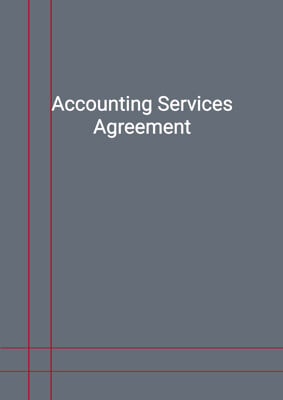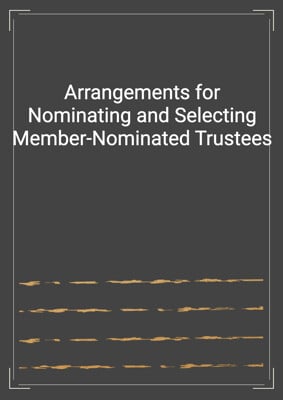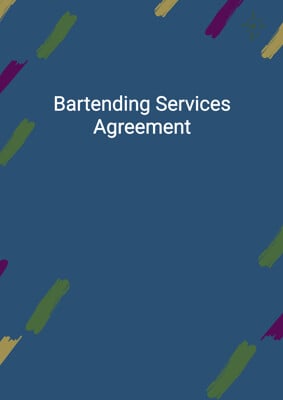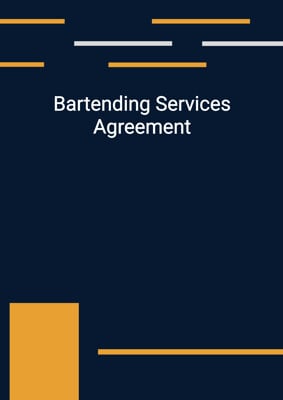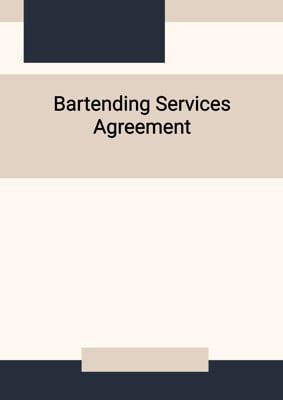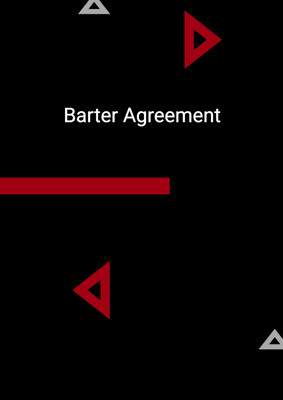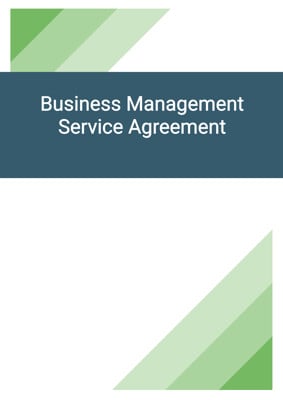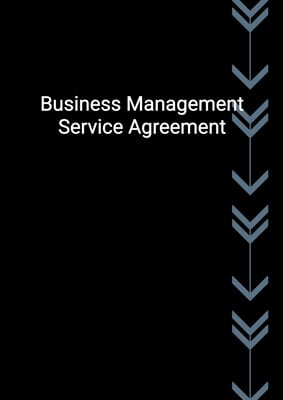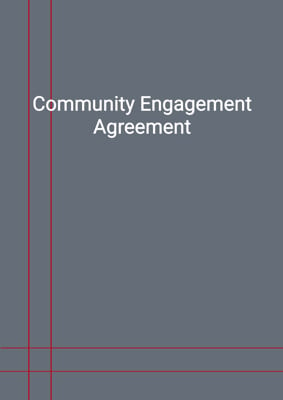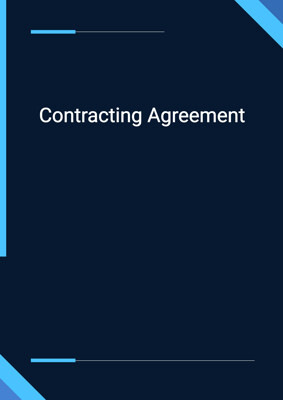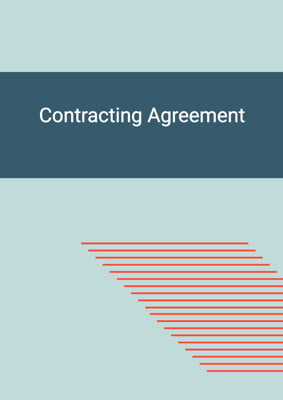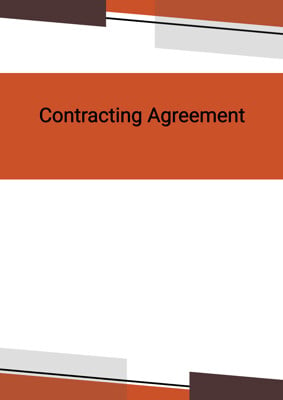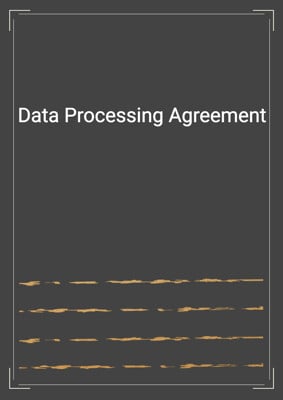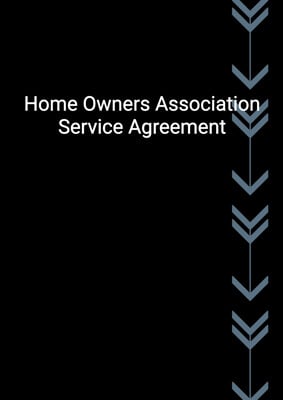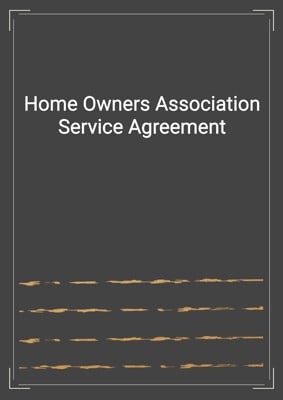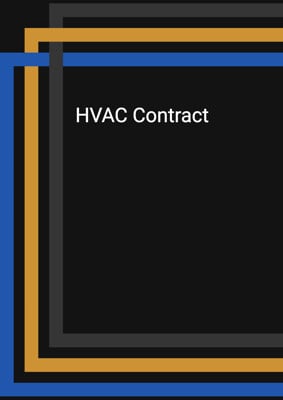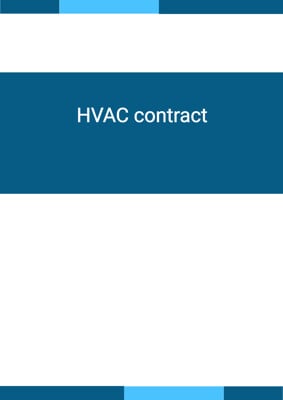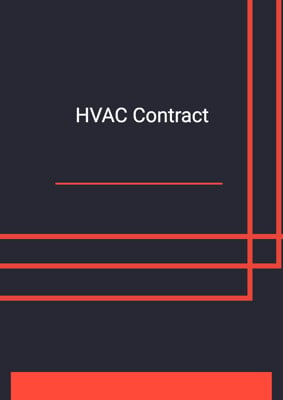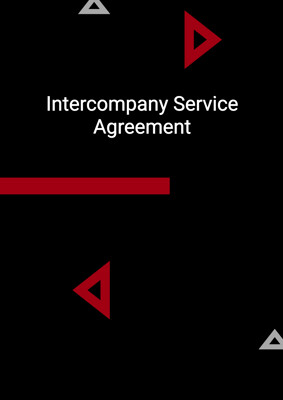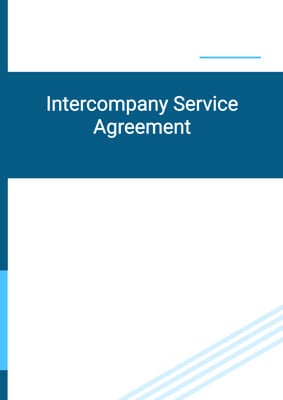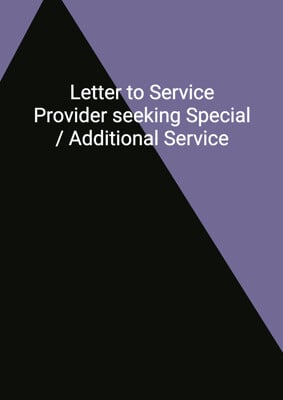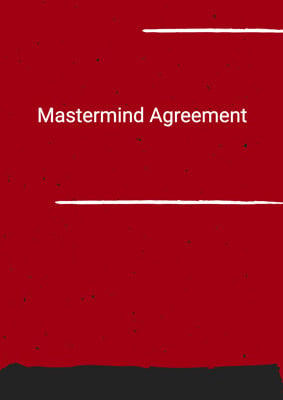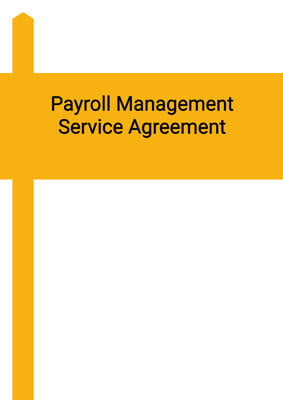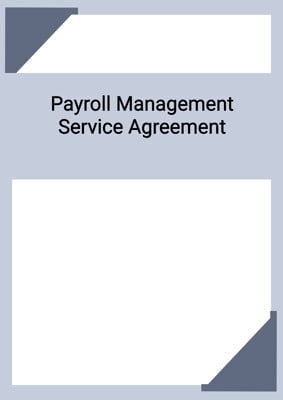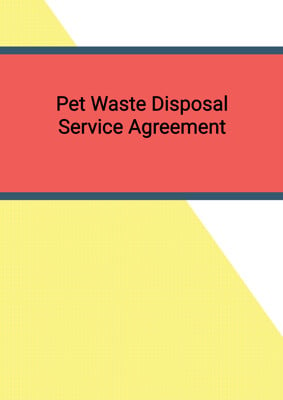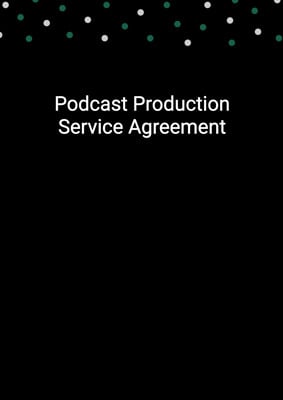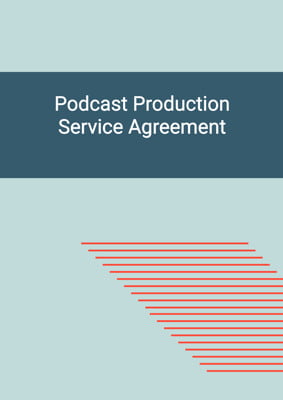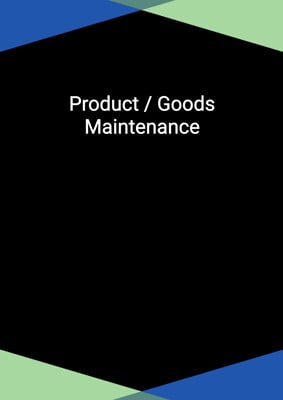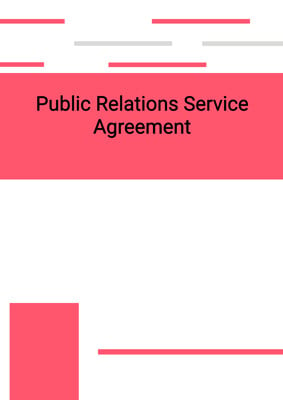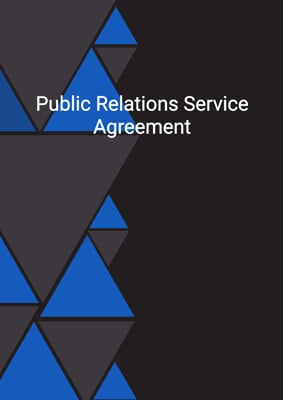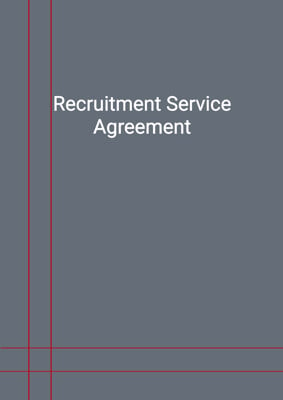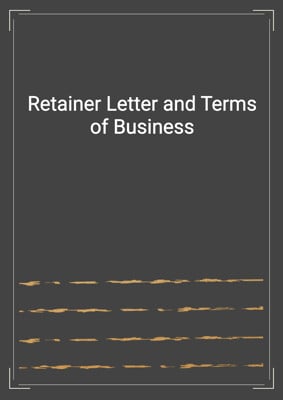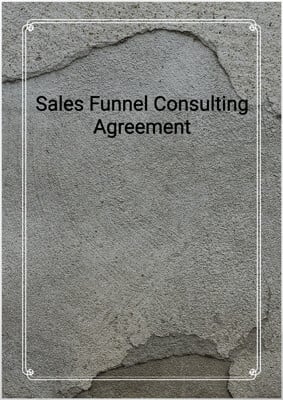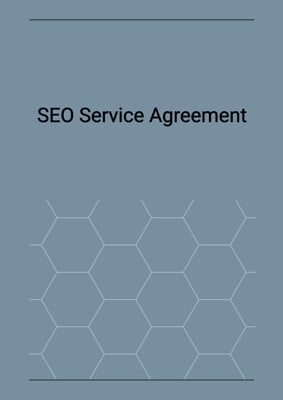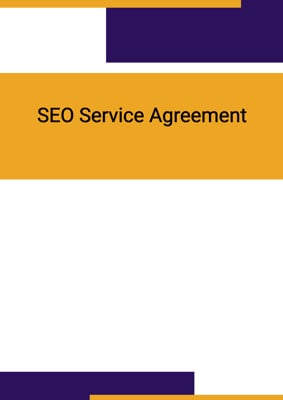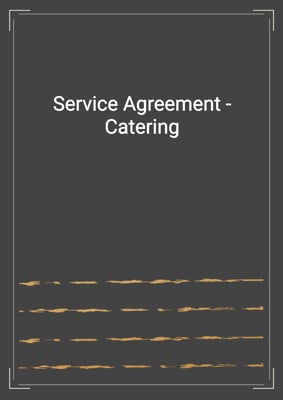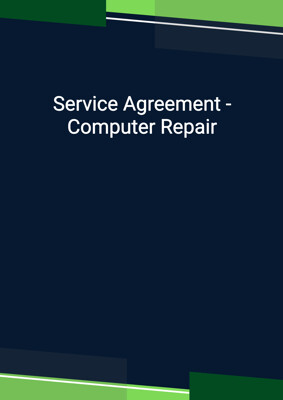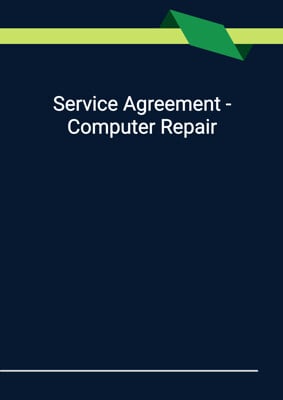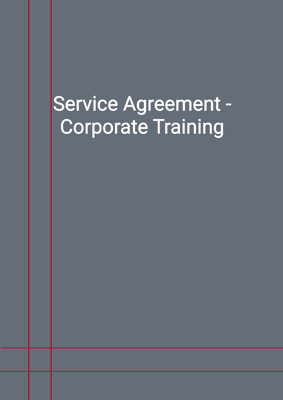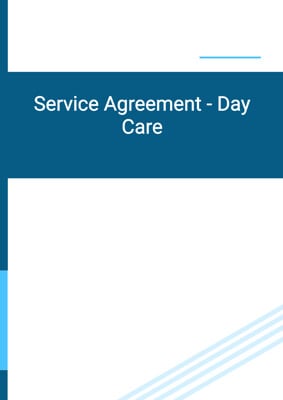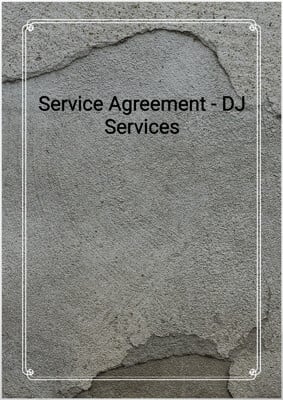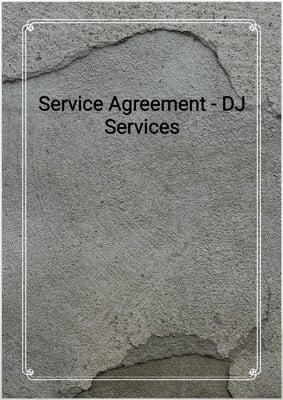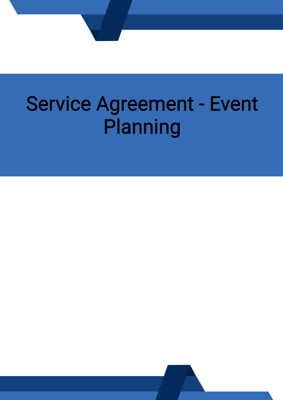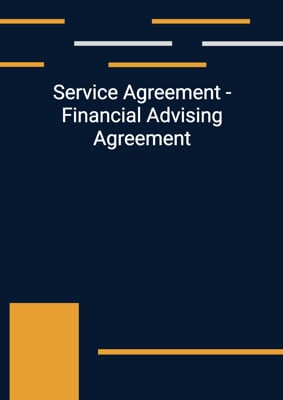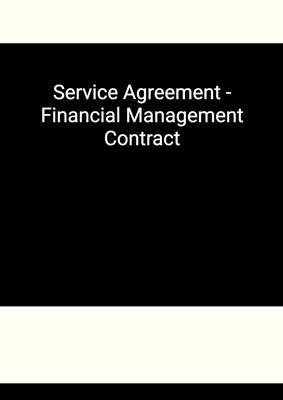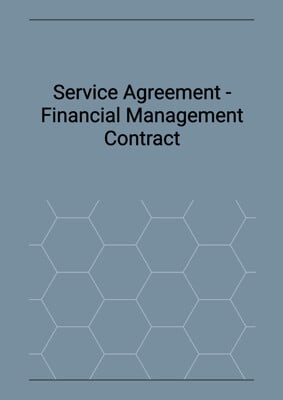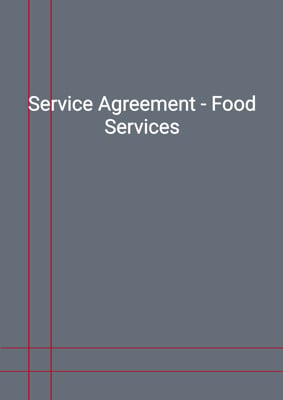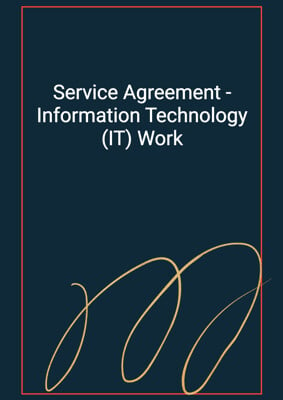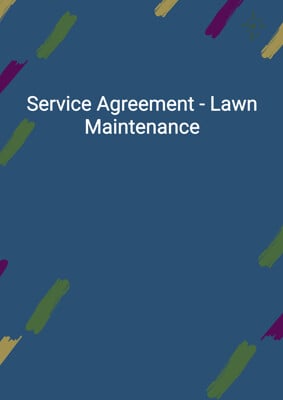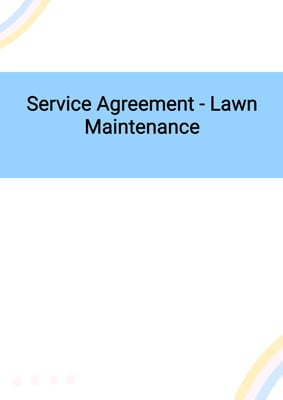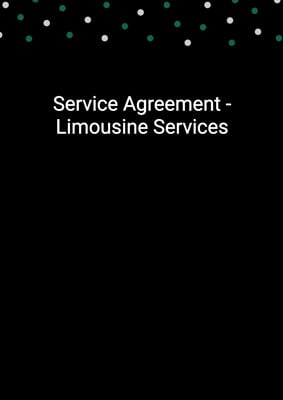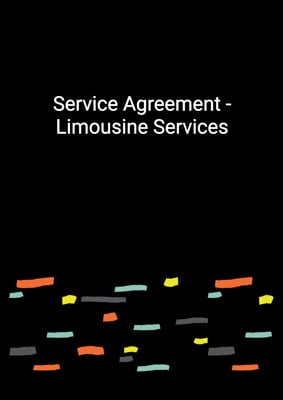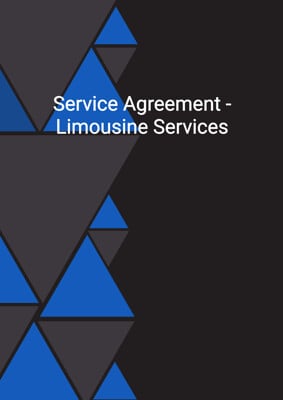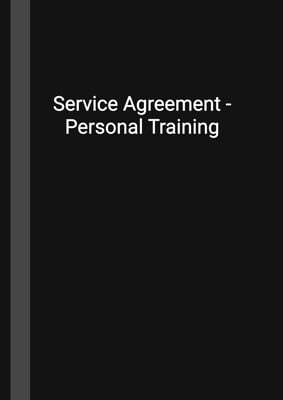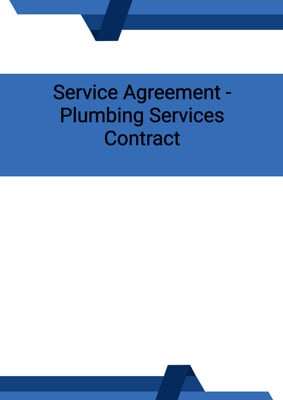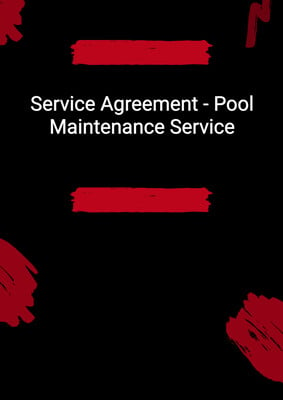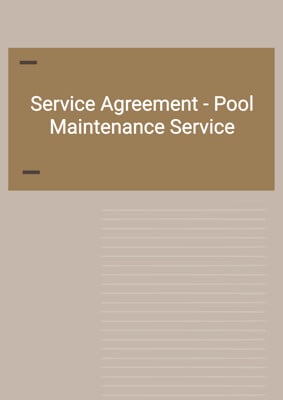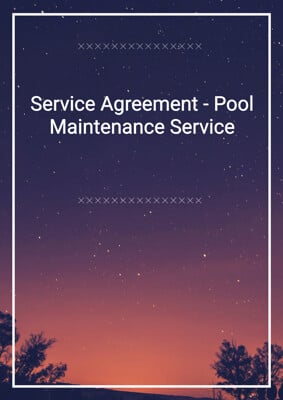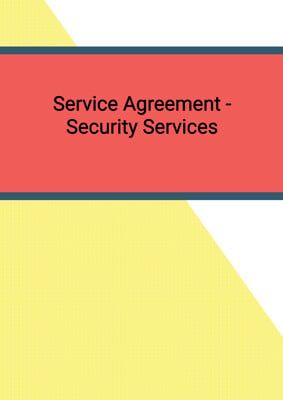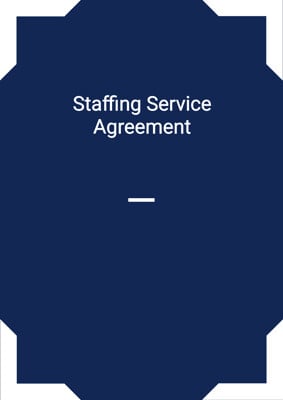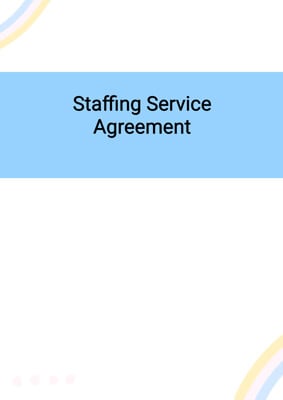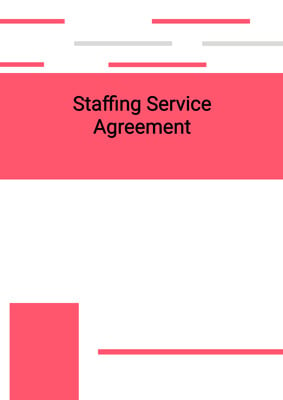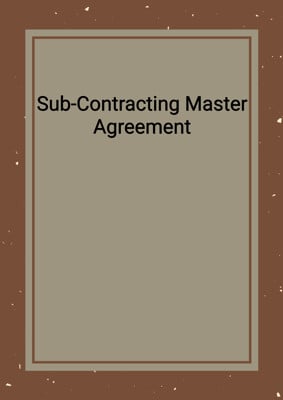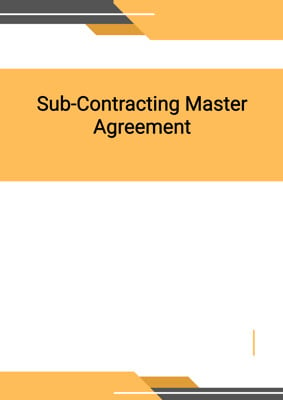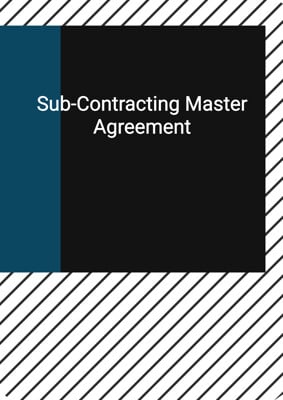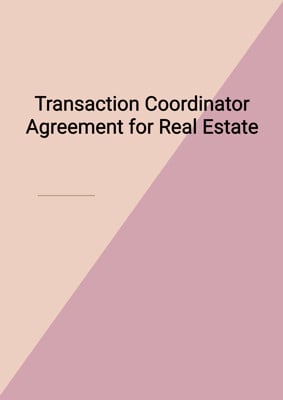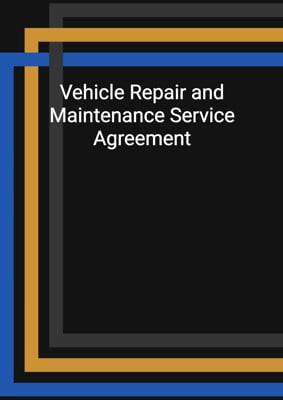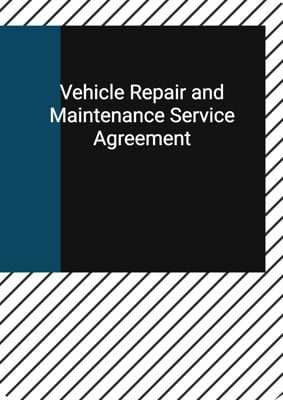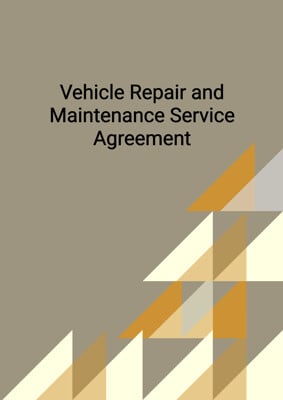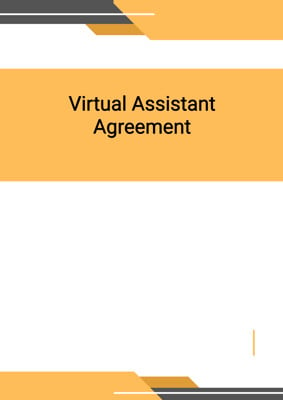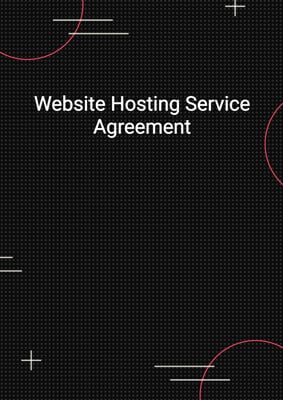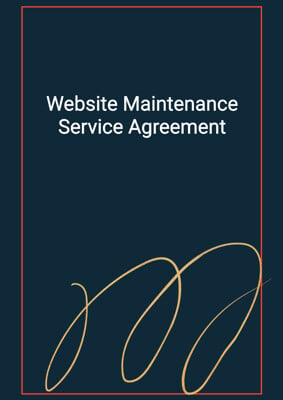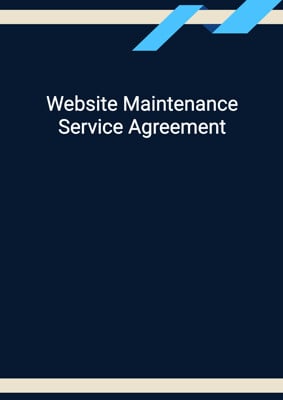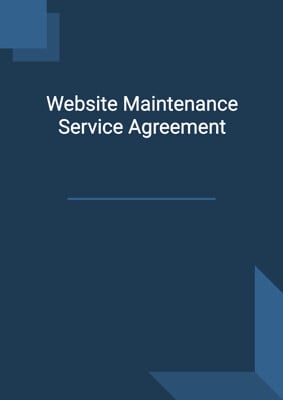How to Tailor the Document for Your Need?
01
Create Document
Fill in the details of the parties. You can click the "Fill with Member’s Information" button to complete it with information saved to your account.
02
Fill Information
Please fill in any additional information by following the step-by-step guide on the left hand side of the preview document and click the "Next" button.
03
Get Document
When you are done, click the "Get Document" button and you can download the document in Word or PDF format.
04
Review Document
Please get all parties to review the document carefully and make any final modifications to ensure that the details are correct before signing the document.
Document Preview
Document Description
This service agreement is a legally binding contract between the Servicer and the Customer for the provision of roofing services. The agreement outlines the obligations and responsibilities of both parties and establishes the terms and conditions under which the services will be provided.
The agreement begins with an interpretation section, which defines key terms and provides general provisions for the agreement. It clarifies that the agreement applies to individuals, corporations, and partnerships, and that any reference to an enactment or statutory provision includes any amendments or modifications.
The Servicer's obligations are outlined in Section 2 of the agreement. The Servicer is responsible for providing the roofing services in a professional and diligent manner, using best efforts and industry standards. They must obtain all necessary licenses and permits and prepare a list of materials and specifications required for the services. The Servicer is also responsible for daily cleanup and a final cleanup upon completion of the services. Any services outside the scope of the agreement require a separate agreement.
Section 3 of the agreement addresses the completion of the work. It emphasizes that time is of the essence and requires the services to be completed by a specified completion date. If the services are not completed by the completion date, the Customer is entitled to liquidated damages at a specified rate per week.
Section 4 of the agreement covers the service fees. The Customer agrees to pay the Servicer a service fee for the services rendered, and the Servicer will invoice the Customer prior to the payment date. Late payment will incur a late charge. The Servicer may also incur expenses not included in the fee, and they must keep records and obtain written consent for any expenses over a certain limit. The Customer has the right to dispute any invoice within a specified timeframe.
Section 5 of the agreement addresses warranties and indemnities. The Servicer must promptly notify the Customer of any delays, problems, or complaints related to the services. The Customer must report any defects in the Servicer's performance, and the Servicer must rectify any reported defects. The agreement specifies that the Customer's rights and benefits are enforceable only through the services provided under the agreement.
Section 6 of the agreement covers licenses and insurance. The Servicer must obtain the necessary licenses and maintain insurance to cover liability arising from the services. The Customer is responsible for treating any injury resulting from their gross negligence.
Section 7 clarifies that the Servicer is an independent contractor and not an employee or agent of the Customer. The Servicer may use employees or contractors to perform the services, and the Customer has the right to monitor the Servicer's performance.
Section 8 addresses the term and termination of the agreement. The agreement is effective from the date of signing and continues for a specified period or until the completion of the services. Either party may terminate the agreement with written notice, and termination may occur for various reasons, including non-payment or failure to proceed diligently with the services. Upon termination, the Servicer must give up possession of the site and may be entitled to compensation for completed services.
Section 9 states that materials delivered to the site become the property of the Customer, and any intellectual property developed under the agreement belongs to the Customer. The Servicer may not use the Customer's intellectual property without written consent.
Section 10 requires both parties to keep the terms of the agreement and any confidential information confidential, except as required by law or with the other party's approval.
Section 11 addresses announcements and publicity, stating that no announcement or disclosure regarding the agreement should be made without the other party's approval, except as required by law.
Section 12 states that any variation of the agreement must be in writing and signed by both parties. It clarifies that a variation does not constitute a waiver of any provisions and does not affect any rights or obligations already accrued.
Section 13 prohibits the assignment or subcontracting of the agreement without the other party's written consent.
Section 14 contains a severability clause, stating that if any provision of the agreement is deemed illegal, void, or unenforceable, it will be removed, and the remaining provisions will remain in effect. The parties will negotiate a substitute provision if necessary.
Section 15 requires the parties to perform any further acts or execute additional documents necessary to implement the agreement.
Section 16 includes a warranty of capacity and power, stating that each party has the authority and capacity to enter into and fulfill their obligations under the agreement.
Section 17 addresses force majeure, stating that none of the parties will be liable for any failure or delay in performing their obligations due to causes beyond their control.
Section 18 clarifies that the agreement does not confer any rights on third parties.
Section 19 provides for arbitration and specifies the proper law governing the agreement.
Section 20 outlines the procedures for giving notices and serving documents under the agreement.
Section 21 allows the agreement to be executed in counterparts, with each counterpart considered an original document.
This detailed description highlights the importance of the service agreement in establishing the rights, obligations, and expectations of both the Servicer and the Customer. It ensures that both parties are aware of their responsibilities and provides a framework for resolving any disputes that may arise during the provision of roofing services.
How to use this document?
1. Review the agreement: Familiarize yourself with the terms and conditions of the service agreement, including the definitions, interpretation, and general provisions.
2. Understand the Servicer's obligations: Take note of the Servicer's responsibilities, such as providing the services in a professional manner, obtaining necessary licenses, and preparing a list of materials. Ensure that the Servicer agrees to perform daily cleanup and a final cleanup upon completion of the services.
3. Completion of the work: Pay attention to the completion date and the consequences of non-completion. If the services are not completed by the completion date, the Customer is entitled to liquidated damages.
4. Service fees: Understand the payment terms, including the service fee, invoicing process, and late payment charges. Be aware that the Servicer may incur additional expenses not included in the fee.
5. Warranties and indemnities: Know your rights as the Customer and the Servicer's obligations to promptly notify you of any delays, problems, or complaints. Report any defects in the Servicer's performance and ensure they are rectified.
6. Licenses and insurance: Confirm that the Servicer has the necessary licenses and insurance to cover liability. Understand your responsibility for treating any injury resulting from your gross negligence.
7. Independent contractor status: Recognize that the Servicer is an independent contractor and not an employee or agent. Understand your right to monitor the Servicer's performance.
8. Term and termination: Be aware of the duration of the agreement and the conditions for termination. Understand the consequences of termination, including the Servicer giving up possession of the site and potential compensation for completed services.
9. Ownership of materials: Understand that materials delivered to the site become your property, and any intellectual property developed under the agreement belongs to you. Ensure that the Servicer obtains your written consent before using your intellectual property.
10. Confidential information: Keep the terms of the agreement and any confidential information confidential, except as required by law or with the other party's approval.
11. Announcements and publicity: Obtain the other party's approval before making any announcements or disclosures regarding the agreement, except as required by law.
12. Variation of the agreement: Any changes to the agreement must be in writing and signed by both parties. Understand that a variation does not waive any provisions or affect rights or obligations already accrued.
13. Assignment and subcontracting: Obtain written consent from the other party before assigning or subcontracting the agreement.
14. Severability: If any provision of the agreement is deemed illegal, void, or unenforceable, it will be removed, and the remaining provisions will remain in effect. Negotiate a substitute provision if necessary.
15. Further acts and documents: Perform any further acts or execute additional documents necessary to implement the agreement.
16. Warranty of capacity and power: Ensure that both parties have the authority and capacity to enter into and fulfill their obligations under the agreement.
17. Force majeure: Understand that none of the parties will be liable for any failure or delay in performing their obligations due to causes beyond their control.
18. No rights under contracts for third parties: Recognize that third parties have no rights under the agreement.
19. Arbitration and proper law: Be aware of the dispute resolution process and the governing law of the agreement.
20. Notices and service: Follow the specified procedures for giving notices and serving documents under the agreement.
21. Counterparts: Understand that the agreement may be executed in multiple counterparts, with each counterpart considered an original document.
Not the right document?
Don’t worry, we have thousands of documents for you to choose from:

